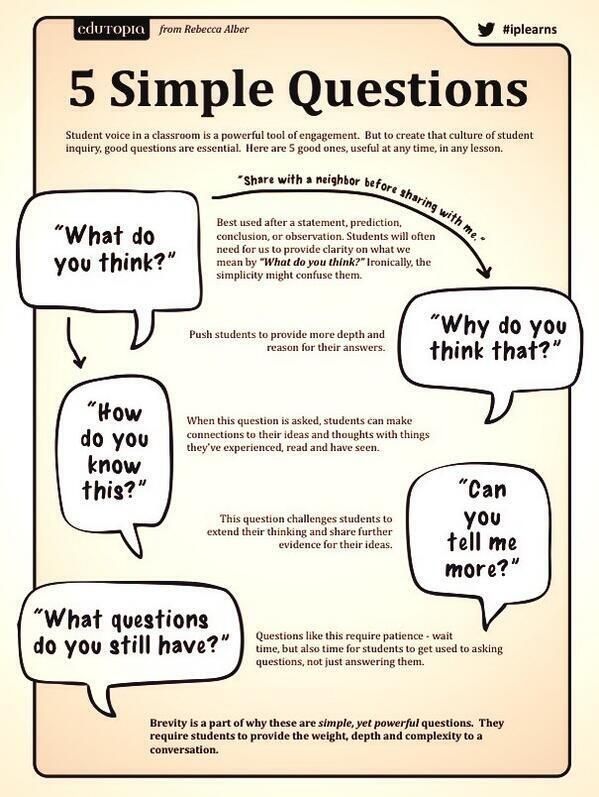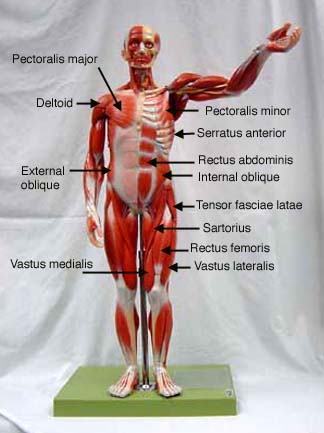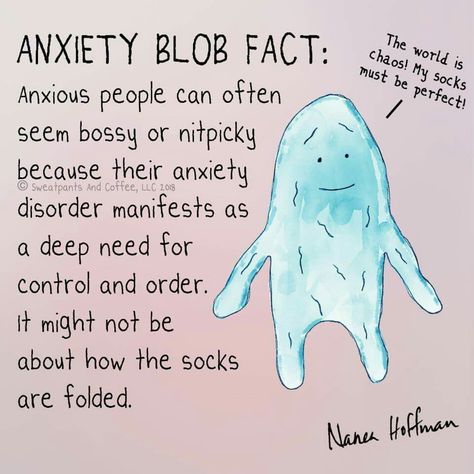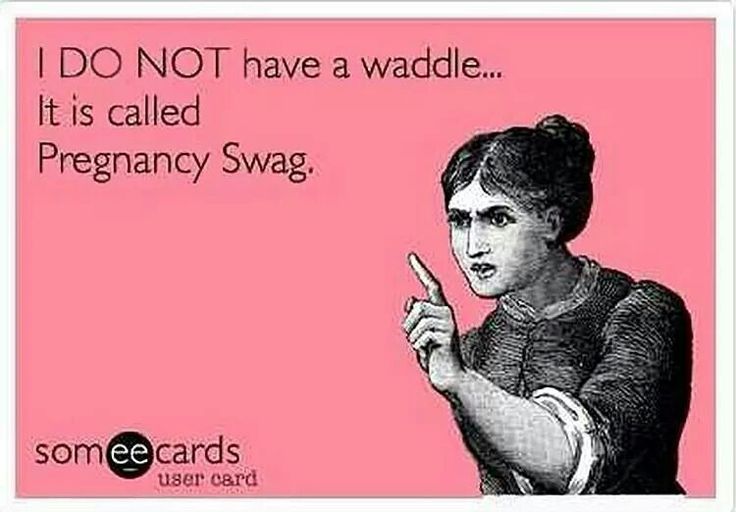Great psychological questions
15 psychological questions that reveal someone's true personality
Whether you’re interested in starting a romantic relationship or interviewing candidates for a job opening, getting to know someone is crucial.
The problem is sometimes, that process can take a long time. Too long.
And there’s always the fear that, after months of interaction, they turn out not to be a great fit for you.
What a waste of time.
So what can you do instead?
It all starts with asking the right questions.
With the right questions, you can learn about a person’s true personality, worldview, values, and their outlook on life.
The best part?
You don’t need a psychology background to ask them.
So if you want to learn more about someone within a matter of minutes, here are 15 psychologically revealing questions to ask them.
1. Who Are Your Role Models in Life?
Role models are people we aspire to be.
They have qualities that we want ourselves to have.
That’s why who one admires tells you what someone wants to become, and even how they structure their views on life.
On your first meeting with them, they seem like very kind and gentle people.
But if you ask them who they admire and they reply with well-known dictators or infamous convicted murderers, those already might signal wild red flags.
In contrast, if they’re aggressive but they admire someone like Gandhi, that might also give you an insight into their personality.
2. What Do You Think is The Meaning of Life?
If you ask 5 different people what they think the meaning of life is, you might receive 5 distinct answers.
That’s because how someone sees meaning in life is personal.
One might say the meaning is to live in the moment and enjoy.
That tells you they’re a more relaxed, easy-going individual.
On the other hand, if they say the meaning is to chase your dreams and make them come true, it’s a different story.
It could mean they’re ambitious and hustle hard towards their goals.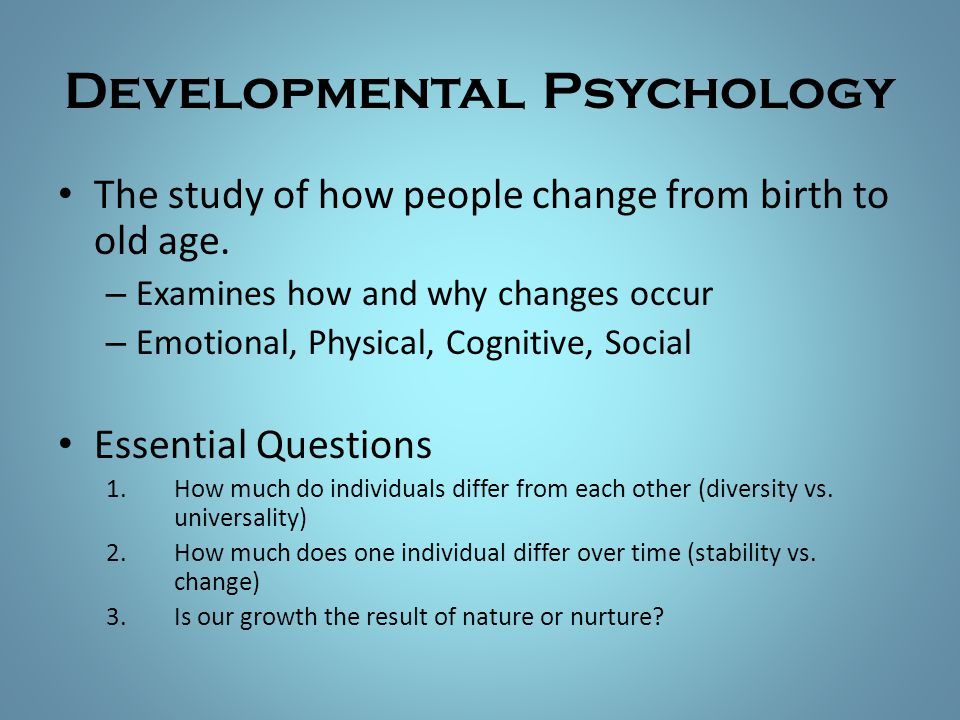
3. What has been Your Greatest Accomplishment So Far?
Everyone has a different metric for what they consider to be a success or a failure.
To someone whose family has not been able to complete college, graduating could be their greatest accomplishment; they might value education and making their family proud.
If it’s to buy a car with their own money, it could mean they value their independence and hard work.
4. What Did You Want to Be When You Were A Child?
Some of us wished to be firefighters, police officers, or astronauts.
The dream jobs we had as a child can give some insight into a person’s personality.
Contrasting the answer and their current job as an adult can already be the start of a good “getting to know you” conversation.
If they work as an accountant now but dreamt of being an artist before, that already tells you there’s a creative side to them.
It also means there’s an entire story in between that you can explore as your conversation goes on.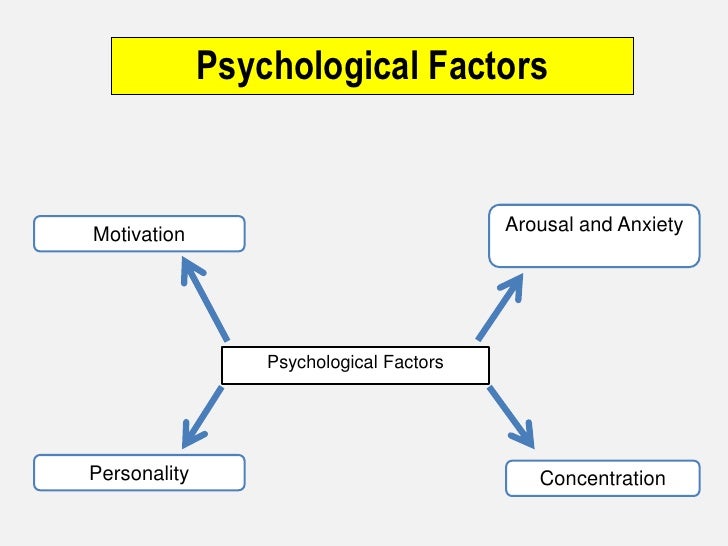
5. What Was The Most Difficult Thing You’ve Had to Go Through?
A study suggests that traumatic events can have positive effects on the way someone develops their identity.
For instance, if the person had to struggle through years of hardships, whether it be at a job they don’t enjoy or with people that don’t treat them well, it could help develop resilience within them.
This is why understanding what they had to go through will help you get a clearer picture of who they really are.
But this isn’t always easy; people aren’t often open to sharing their past traumas with people they’ve just met.
So this question is best saved once you’ve gotten to know each other better.
6. How Would Others Describe You?
Asking this question is a test to gauge their self-awareness and how they interact with others.
If they say other people tell them they’re a good friend, but they themselves don’t feel that way, it could mean they’re being humble.
If others describe them as being blunt, but they only think they’re telling the truth and doing the right thing, it might cause miscommunication problems down the line.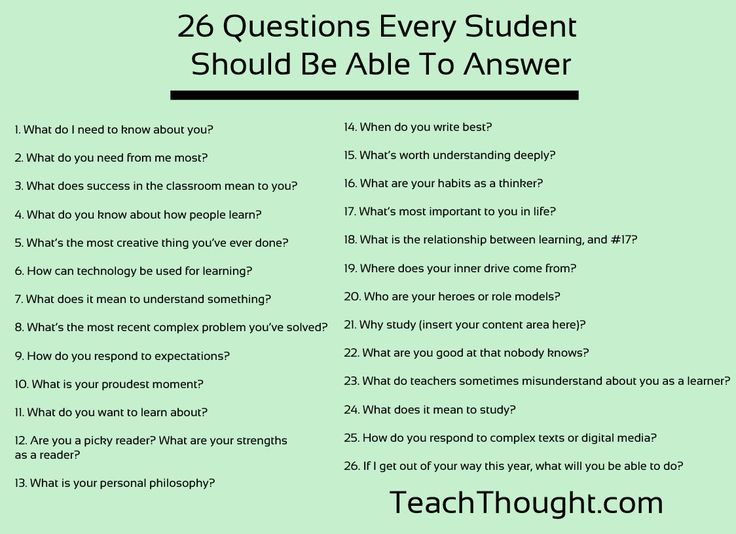
7. Would You Want to Know When You Were Going to Die?
This question might be a little morbid for some; people don’t often want to talk about dying.
How they react to the question already tells you about their personality.
If they’re shocked, it might mean they aren’t prepared for it and still figuring things out.
If they aren’t, it might mean they’ve proactively planned their life and are motivated to keep moving forward.
8. If Someone Stole Bread to Feed Their Family, Would You Consider Them A Bad Person?
The classic Robin Hood question; do the ends justify the means?
There is no objectively right or wrong answer, only different perspectives. Asking this question will reveal to you the person’s moral stance.
A study suggested that how one views topics of morality, justice, and fairness has an impact on their psychology.
This will then tell you more about who this person is, whether they’re strict or relaxed, for instance. It may also show you what they value in others.
It may also show you what they value in others.
9. What Would You Want To Change In Yourself?
Since some people may not be comfortable sharing their weaknesses (or they don’t realize that a trait they’re proud of is even a weakness), this question is a way to get around that.
You aren’t exactly asking them what their flaws are – just the parts of themselves they wish were better.
Maybe it’s their height.
In that case, they might be conscious about their appearance. Maybe it’s their time management.
That might mean their work ethic may need improvement but they understand the value of working hard.
10. If You Had The Chance To Change The World, What Would You Do?
Asking this question will let you know what they value and what they first see as a problem in the world.
Maybe there are social injustices being committed in remote countries that haven’t made the news, but they’d want to do something about it.
That might mean they’re sensitive to social issues and have strong advocates.
Maybe they want to improve the way we connect online.
That could mean they’re interested in technical innovation and human connections.
11. What’s Your Dream Job?
They might be working in a bank now, but secretly dream of being a writer.
They might work at a corporate job, but wish to live a simple life on the farm.
This question reveals to you where their passions lie, and what kind of person they actually want to be. If they want to write, it might mean they’re more creative than you first thought.
Or if they want to work on a farm, it might mean they want to move their body more and get their hands dirty.
12. What’s The Best Book You Read Recently?
The book they tell you will give you much insight into their personality.
If it’s a book about physics and astronomy, that might tell you they are curious individuals.
If it’s a book about theology that teaches good morals, that may let you know that they are deeply connected with their spirituality.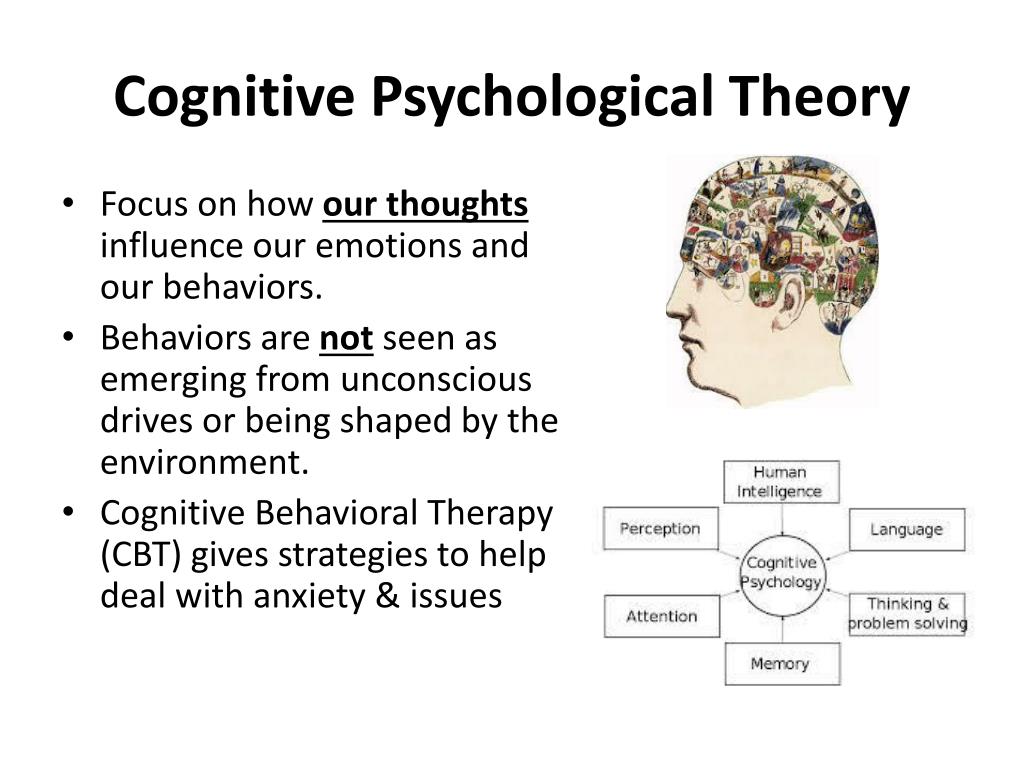
13. What Do You Do To Relax?
If they answer that they like to have a drink with their friends, that might tell you that they can build strong relationships with others, or they’re more extroverted.
If they say they’d rather spend the evening with a good book, it could mean they’re more introverted and prefer their own solitude.
14. Who Knows You The Most?
This is a gauge to see how they form relationships with others.
If they say it’s their mother and siblings, it could mean that family is very important to them.
If it’s their spouse, that could tell you they value loyalty and honesty in their relationships.
If it’s their friends, it could mean they’re more extroverted and can connect with different groups of people.
15. What Do You Wish You Could Redo?
It could be a relationship they knew should’ve worked if they were only a better listener.
Or their college life, if they had only said yes to their studies more and to parties less.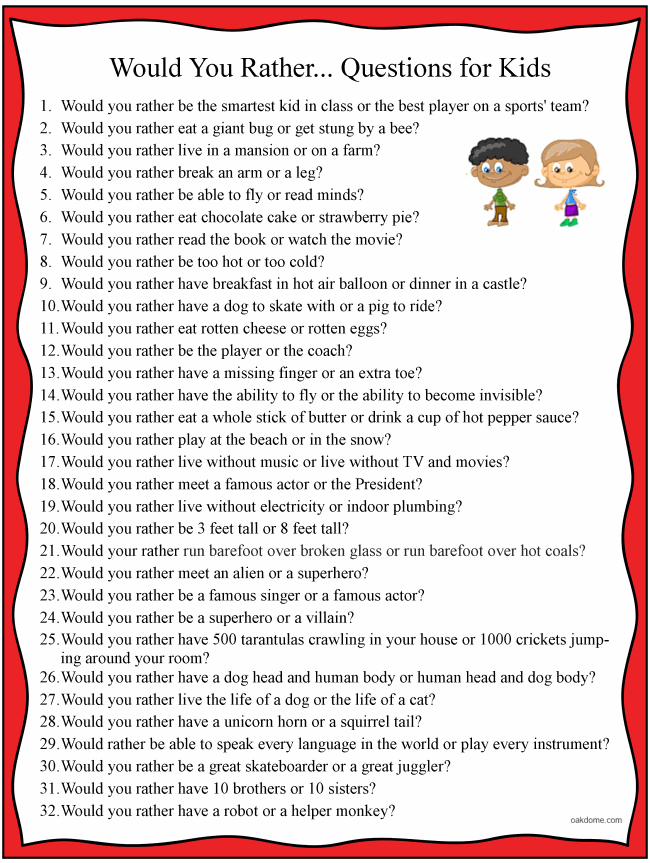
A study found that what a person regrets the most reflects the parts of their life where they see potential for growth, change and improvement.
Besides that, sharing their regrets and being vulnerable allows you both to connect with each other in a deeper way.
Moving Forward with The Relationship
These may not be your typical small talk questions, but that’s the point.
They’re meant to reveal a deeper side of someone, of who they are, not what they do.
Knowing who someone truly is will help you both form a better relationship with one another.
If you’re a hiring manager and you’ve realized they’re very collaborative, you now know it might be ideal to give them solo assignments
. If you’re looking for a romantic partner and you learn they’re ambitious, it could help you feel secure knowing they actually have plans for their life, and they aren’t being aimless.
Putting yourself first
What’s your number one goal at the moment?
Is it to buy that car you’ve been saving up for?
To finally start that side-hustle that’ll hopefully help you quit your 9-5 one day?
Or to take the leap and finally ask your partner to move in?
Whatever your goals are, there’s a hidden trap in how you set them.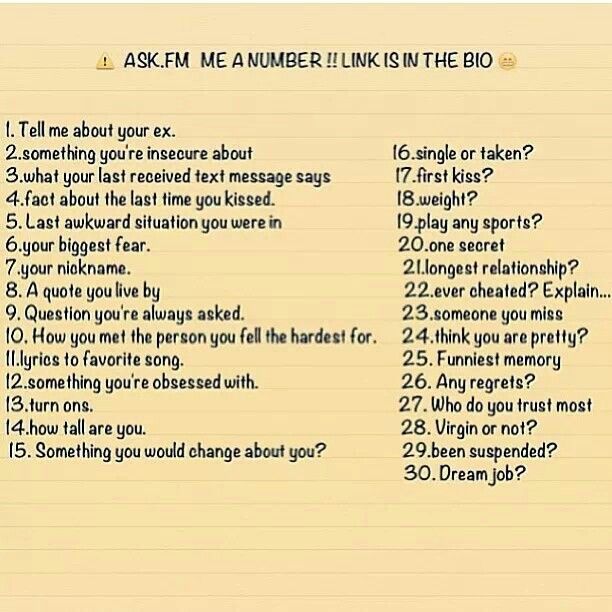
The trap is this:
You’ll only experience genuine life satisfaction when your goals are aligned with your values.
Because when values and goals are aligned, you enjoy the journey much more. And this makes achieving your goals much more likely.
If you find it hard to articulate your deeper life values, I suggest downloading the free values exercise by career coach Jeanette Brown.
It takes only a couple of minutes and will reveal a number of powerful insights about your underlying values.
Click here to download the free values exercise.
Did you like my article? Like me on Facebook to see more articles like this in your feed.
The Best 25 Psychology Questions Of All Time
Here's a list of the best psychology questions of all time, ranked from best to worst by the internet and women.com community members. Psychological questions sometimes get a bad rap but who doesn't appreciate the pure joy of getting to know your partner better or finding out if someone is crazy.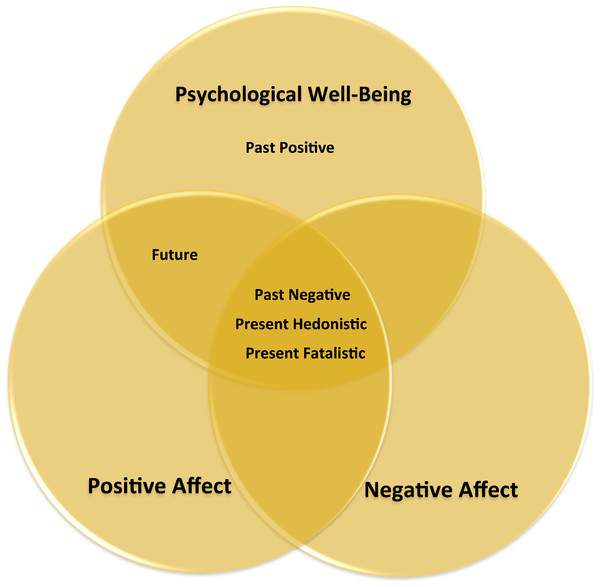 PhD snobs aside, everyone know that top psychology questions are important to getting to know yourself better, and getting to know your loved ones better too. If you need to write my essay on psychology, you will also find this article helpful!
PhD snobs aside, everyone know that top psychology questions are important to getting to know yourself better, and getting to know your loved ones better too. If you need to write my essay on psychology, you will also find this article helpful!
1. Are We Alone?
One of the most popular questions today is, "Are we alone in the universe?" Believe it or not, you're in the minority if you believe that absolutely no intelligent life exists outside of planet Earth.
2. Would You Obey An Order To Hurt Someone?
Adolph Eichmann was one of the architects of the Nazi Holocaust. At the end of the war he was arrested and would have been put on trial with other war criminals but he escaped. Over the next fifteen years, like many ex-Nazis on the run, he lived a very ordinary life in Argentina. Eventually he was tracked down by Mosad agents and taken to Israel to stand trial for horrific war crimes. His defense was so simple it was almost boring.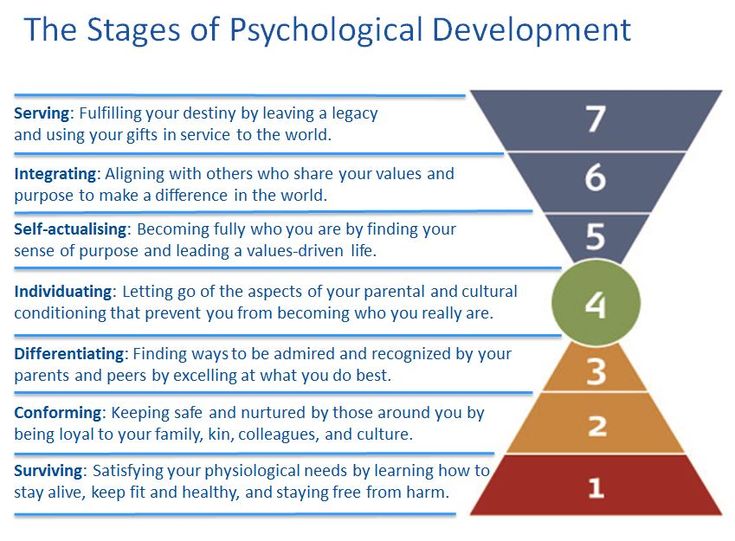 When asked: "why did you do it?" his response was "I was only obeying orders".
When asked: "why did you do it?" his response was "I was only obeying orders".
3. Would You Be A Good Eyewitness To A Crime?
Research illustrates that the human mind is not like a tape recorder; we neither record events exactly as we see them, nor recall them like a tape that has been rewound. In eyewitness identifications, witness memory is impacted by a variety of factors that occur from the time of the crime onwards, and their memories can be easily contaminated.
4. Who Would You Choose As A Dinner Guest, If You Can Invite Anyone?
complex.com
Jesus Christ? Elvis? The Pope? This question, which has been asked many different ways, is an interesting insight into who you value, what information you find interesting, and if you've thought about the question before.
5. Would You Help Someone In Trouble?
Ask yourself or your partner this question and have them go through the litany of questions one would ask themselves about the situation? Would you help a old woman walk across the street? A Homeless child? Would you help someone hide a body?
6.
 In What Circumstance Would You Steal?
In What Circumstance Would You Steal? Where is your moral line? Would you steal food if you and your family are starving? Or would you steal a car just for a joyride?
7. Do You Believe In Nature or Nurture?
The nature vs nurture debate within psychology is concerned with the extent to which particular aspects of behavior are a product of either inherited (i.e. genetic) or acquired (i.e. learned) characteristics. Which is a stronger influence on who we are?
8. What Does It Mean To Be Self-Actualized?
Photo: Stocksy
"Self-actualization" represents a concept derived from Humanistic psychological theory and, specifically, from the theory created by Abraham Maslow. But what does the definition actually mean to you?
9. What Is The Key To Solving Life's Problems?
There is a famous quote from Einstein which goes like this; ‘We cannot solve our problems with the same thinking we used when we created them'.
10. What Does A Sense Of Community Mean?
Is it your core group of friends? Is it your family? Is it the neighborhood you life in?
11. Would You Like To Be Famous?
Would you like to be famous? And what would you like to be famous for?
If achieving fame meant that your life would look totally different than it does today, would you be ok with that?
12. What Does Death Mean?
Regardless of race, religion, geographical area, or time period, every human has wondered about the one fact of life that unifies us all.
13. Describe Your "Perfect" Day?
pixabay.com
14. What Does It Mean To Love Someone?
Love: a four-letter-word that gets tossed around in conversations pretty carelessly to describe just about anything. I love your shoes. I love this restaurant. This dog totally loves me.
But what about when it comes to relationships? What does it really mean to love someone?
15.
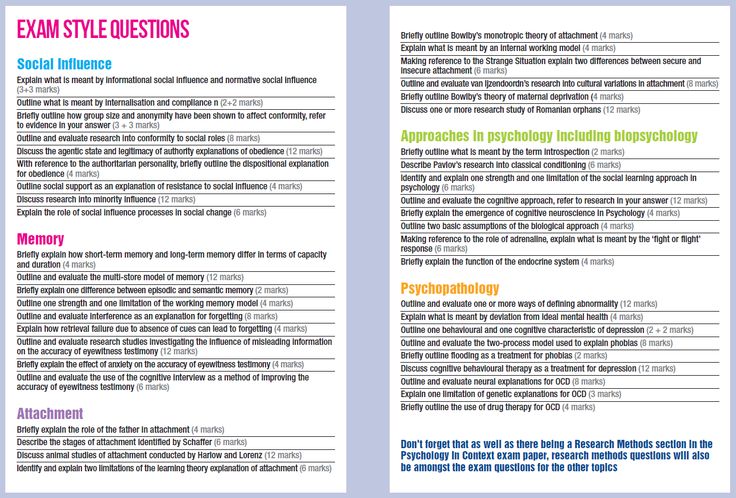 Do You Believe In The Afterlife?
Do You Believe In The Afterlife? 16. What Is Your Greatest Accomplishment?
Brit.c
17. How Do You Want To Be Remembered?
18. How Do You Overcome Bad Habits?
We all have bad habits, or habits that we would like to be replaced with better habits. How do you go about creating new, better habits?
19. What Makes You Really Angry?
What are the things that really get under your skin? Nails on a chalkboard, chewing food with an open mouth, or tailgating?
20. What Are Your Favorite Pastimes?
skinnyms.com
21. Who Is The Most Important Person In Your Life?
Dead or alive. Real or fictional. Who has been the most important person in your life?
22. What Is Your Best Personality Trait?
Just like a job interview, think about what your best personality trait is and why.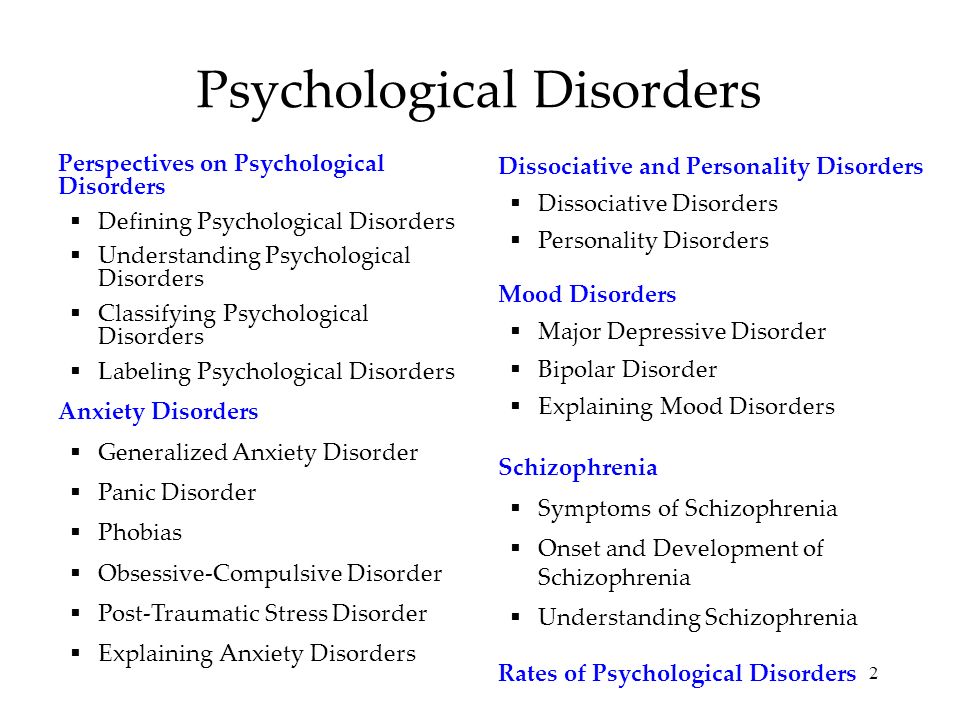 Sometimes thinking of your worst personality trait will help inspire you to realize your best personality trait.
Sometimes thinking of your worst personality trait will help inspire you to realize your best personality trait.
23. Do You Wake Up Happy Or Sad?
24. Are You An Introvert Or Extrovert?
Are you oriented more towards the outer world or the inner world? Are you most comfortable in throngs of people, or do you prefer the company of few?
25. What Makes Your Heart Smile?
stocksy
At the end of the day, what allows you to lay your head on your pillow at night and be perfectly happy and content?
10 serious psychological tests that can be taken on the Internet
January 26, 2021Life
Questionnaires used by practicing psychologists will help you look deep into yourself. The main thing is not to try to make a diagnosis “by profile picture”.
Share
01. Sondi test
The test is aimed at identifying psychological abnormalities. It consists of several stages. At each of them you will be shown portraits, from which you will need to choose the least and most pleasant in your opinion.
It consists of several stages. At each of them you will be shown portraits, from which you will need to choose the least and most pleasant in your opinion.
This testing method was developed by psychiatrist Leopold Szondi in 1947. The doctor noticed that in the clinic, patients communicated closer with those who had the same diseases. Of course, the Internet test will not give you a diagnosis - it will just help to detect some tendencies. Moreover, depending on the state of the psyche, the results will be different, so you can take the Szondi test in any incomprehensible situation.
Take the Test →
2. Beck Depression Scale
As the name suggests, this test measures how depressed you are. It takes into account the common symptoms and complaints of patients with this disease. When answering each question, you have to choose the closest one from several statements.
The test is worth taking even for those who are absolutely sure that they are healthy.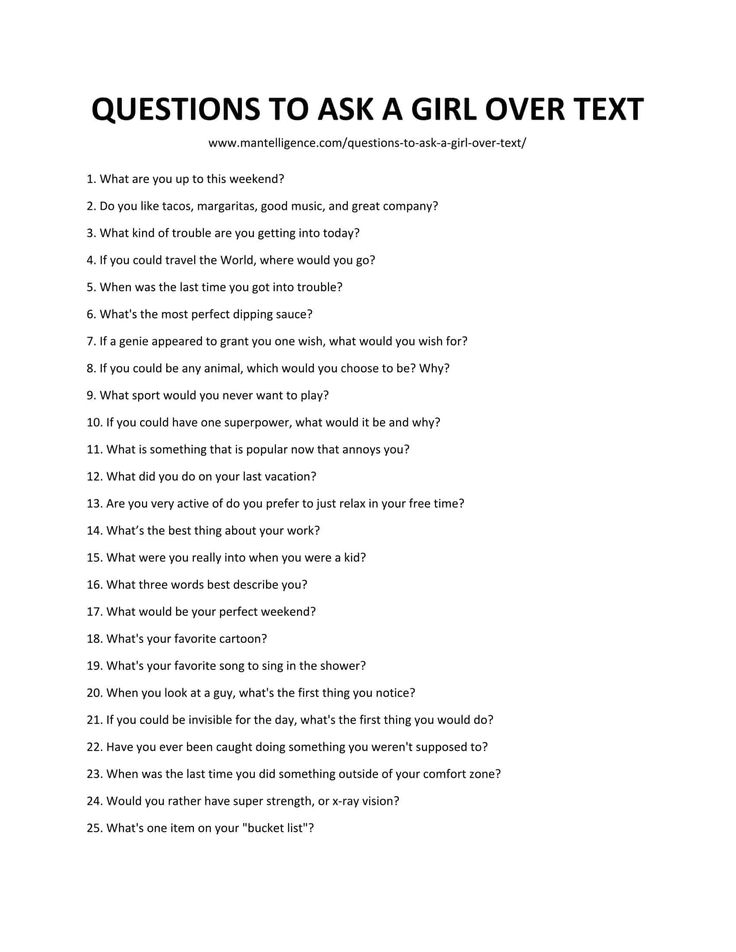 Some of the statements in the questionnaire may seem strange to you, but many of them are true for a person with a disease. So if you think that depression is when someone is depressed from idleness, it's time to rethink your attitude.
Some of the statements in the questionnaire may seem strange to you, but many of them are true for a person with a disease. So if you think that depression is when someone is depressed from idleness, it's time to rethink your attitude.
Take the test →
3. Zang (Zung) scale for self-assessment of depression
Another test related to depression. It is shorter and easier to understand than the previous questionnaire. If you like an integrated approach in everything and are not ready to be content with the results of one test, you can combine them.
The author of this test is psychiatrist William Zang, also known in Russian psychology as William Tsung.
Take the test →
4. Beck Anxiety Scale
The test allows you to assess the severity of various phobias, panic attacks and other anxiety disorders. The results are not very telling. They will only tell you if you have reason to be concerned or not.
You are to read 21 statements and decide how true they are for you.
Take the test →
5. Luscher color test
This test helps to assess the psychological state through the subjective perception of color. Everything is very simple: from several colored rectangles, you first choose those that you like more, and then those that you like less.
Based on the results of the Luscher test, a specialist will be able to give recommendations on how to avoid stress, but you just look deeper inside yourself.
Take the test →
6. Projective test "Cube in the Desert"
This test looks less serious than the previous ones, and it really is. It consists of fantasy exercises. Few questions, but the result is simple and clear.
You will be asked to present a series of images, and then they will give you an interpretation of what you were imagining. This test, most likely, will not discover America, but will simply introduce you to the real you once again.
Take the test →
7. Eysenck's temperament test
You have to answer 70 questions to find out whether you are choleric, sanguine, phlegmatic or melancholic.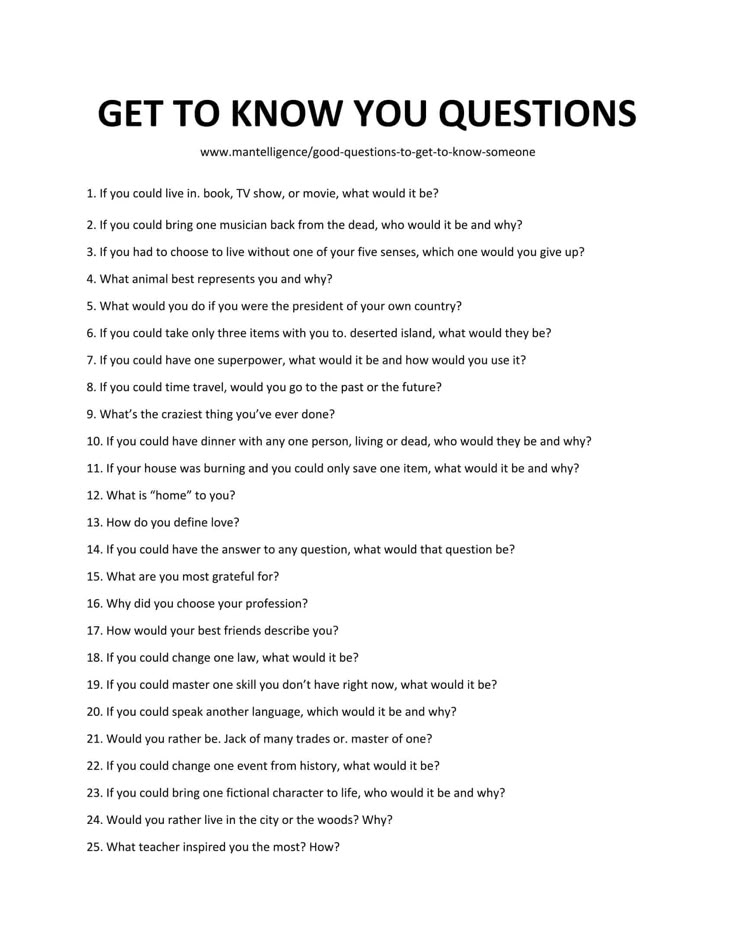 At the same time, the test determines the level of extraversion, so you can find out if you are an introvert or just temporarily tired of people.
At the same time, the test determines the level of extraversion, so you can find out if you are an introvert or just temporarily tired of people.
Take the test →
8. Extended Leonhard-Shmishek test
The test helps to reveal personality traits. The final grade is set on several scales, each of which reveals one or another aspect. Separately, it is checked whether you sincerely answered questions or tried to be better than you really are.
Take the test →
9. Heck-Hess neurosis rapid diagnostic method
This scale will help determine the probability of neurosis. If it is high, then it may be worth contacting a specialist.
Take the test →
10. Hall's Emotional Intelligence Test
Emotional intelligence is a person's ability to recognize the moods and feelings of others. To evaluate it, psychologist Nicholas Hall came up with a 30-question test.
Take the Quiz →
Also Read 🧐
- 11 Free Online Resources for Psychological Help
- Why you can't trust the results of psychological research
- The secret ingredient for extraordinary mental toughness
*Activities of Meta Platforms Inc. and its social networks Facebook and Instagram are prohibited in the territory of the Russian Federation.
and its social networks Facebook and Instagram are prohibited in the territory of the Russian Federation.
7 Useful Psychological Tests Developed by Scientists - The Knife
1. Rorschach Inkblots
Swiss psychiatrist and psychologist Hermann Rorschach developed a test based on the interpretation of inkblots of different colors: pastel red, gray and black. According to the researcher, colors, contours and shapes have a certain emotional impact on the subject and influence what he sees in the inkblot - an animal, a person, a fantastic creature or an inanimate object.
Rorschach test. Blob #2 © Hans Huber Medical Publisher, Bern (CH) / Wikimedia Commonstest subject's position.
If the image is seen primarily due to form, and not color, this is a sign of well-controlled emotionality, an indicator of the superiority of thought over feeling. On the contrary, if the subject first of all pays attention to color, emotions and affects predominate in him.
2. MMPI, or "SMIL test", 566 questions
The Minnesota Multiphasic Personality Inventory (MMPI) was developed at the turn of the 1930s and 1940s of the last century. This technique, which is actively used in clinical practice, is based on comparing the responses of patients with the responses of patients with hypochondria, depression, hysteria, psychopathy, paranoia and other disorders.
In the USSR, the test was adapted to our realities at 1960s. The technique was called the "Standardized Multivariate Personality Study" - the SMIL test.
The multifactorial nature of the study requires an answer, for example, to questions such as: “Do you often have constipation?” and “Is your father a good person?” You will have to think carefully before agreeing or disagreeing with the statement "Sometimes for fun I scare people, because it is easy for me to make others afraid of myself." And in general, it's a lot of fun to take a test of 566 questions.
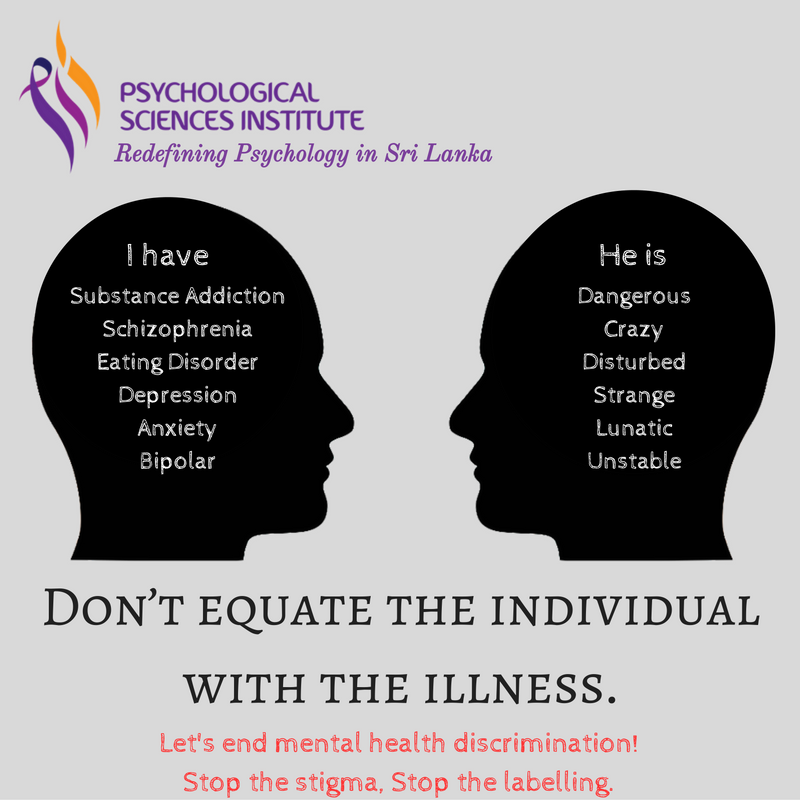
But it's worth spending time on it. As a result, we get a lot of details about ourselves, painted on a variety of scales - from a hypothetical addiction to alcoholism, the level of cynicism and escapism to "an organic lesion of the caudate nucleus" (the part of the brain responsible for movement).
SMIL test (MMPI) - by reference.
3. Szondi's test - a method of portrait choices
The founder of "fate analysis", the Hungarian and Swiss psychiatrist and psychoanalyst Leopold Szondi, developed a test with a human face - more precisely, with faces. The subject chooses the most / least attractive faces, and based on the choice, conclusions are drawn: for example, about a tendency to hysteria, depression, catatonic manifestations (motor disorders - stupor / arousal), etc.
Szondi created this test based on observations of patients (revealed a pattern - people with similar mental disorders communicate more readily) and the theory of inherited genotypic properties, according to which "an individual is drawn to his own kind.
4. Cattell multifactorial questionnaire, 187 questions
Method developed in the 1940s by the British and American psychologist Raymond Cattell. This is one of the first structural models of personality based on the "lexicographic approach" of psychologists Gordon Allport and H. S. Odbert. From their point of view, the most significant individual personality differences of the members of this or that society sooner or later become encoded in their language, in certain words.
Researchers dug through the most detailed dictionaries at the time, selected 18,000 words important for characterizing individuals, and extracted 4,500 adjectives from them that, in their opinion, described relatively stable personality traits.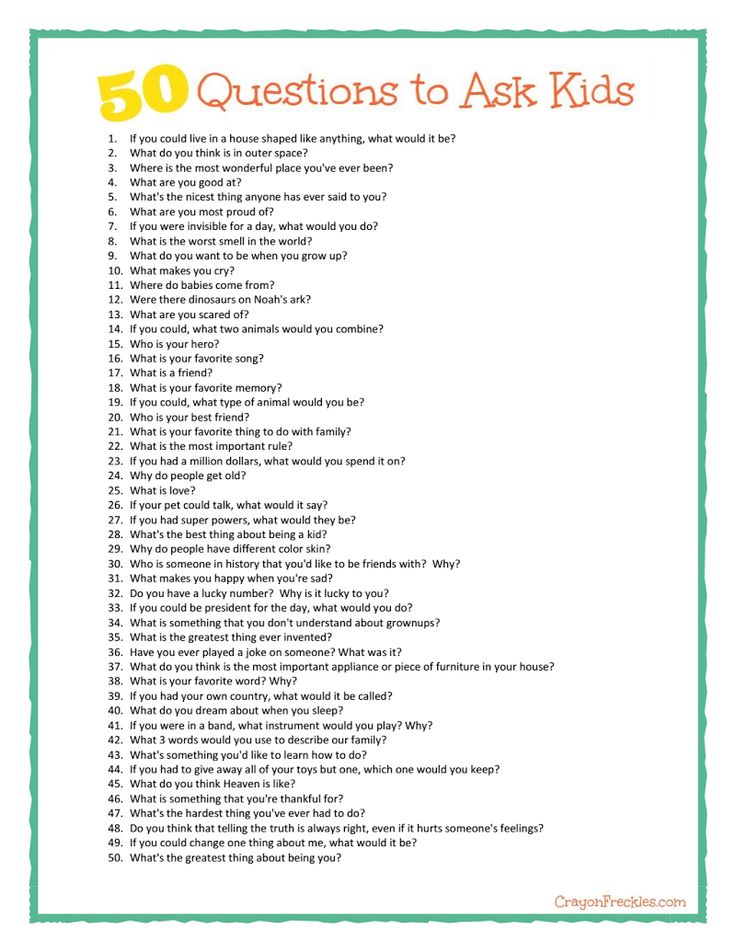
Cattell, using a computer, reduced the list to 171 words by compiling a 16-factor personality questionnaire. In its standard version - 187 questions (16PF). There is an abbreviated version of 105 questions and options for children (8-12 years old and 12-16 years old).
Based on the results of the survey, we get a graph with a detailed description of the results by scales and factors. For example, factor A is a character trait in the "isolation / sociability" range. For a high value (A +) - from 5.5 to 10 - "naturalness, ease, readiness for cooperation, adaptability" is characteristic, for a low (A-) - from 1 to 5.5 - "isolation, criticality, tendency to rigidity , coldness, skepticism and aloofness - things attract more than people ... ”Intelligence, emotional stability / instability, introversion / extraversion, etc. are described similarly.
5. Ammon's Self-Structural Test, 220 questions
German psychiatrist and psychoanalyst Günter Ammon is one of the founders and leaders of dynamic psychiatry.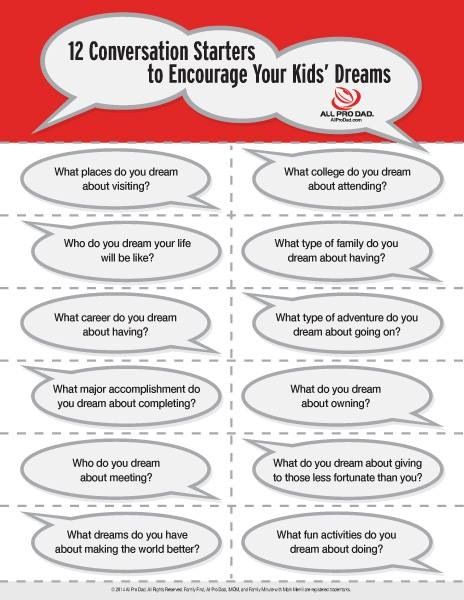 His test reveals many details about personality, typing each of the characteristics into three kinds. For example, Ammon distinguishes the following types of aggression:
His test reveals many details about personality, typing each of the characteristics into three kinds. For example, Ammon distinguishes the following types of aggression:
- constructive - purposeful activity, the ability to maintain relationships and solve problems in a strong-willed way, actively build one's own life,
- destructive misdirected, destructive to self and others, breaking relationships, devaluing others
- deficient - withdrawal into oneself, lack of activity, indifference, avoidance of rivalry and constructive dispute, spiritual emptiness (according to Ammon, this is also aggression).
Anxiety or fear, remaining within constructive limits, helps to adequately perceive the situation and realistically assess the danger. Destructive fear overwhelms the psyche and paralyzes. Deficient - indicates that the protective function of the psyche and the regulation of behavior no longer serve the patient in good stead.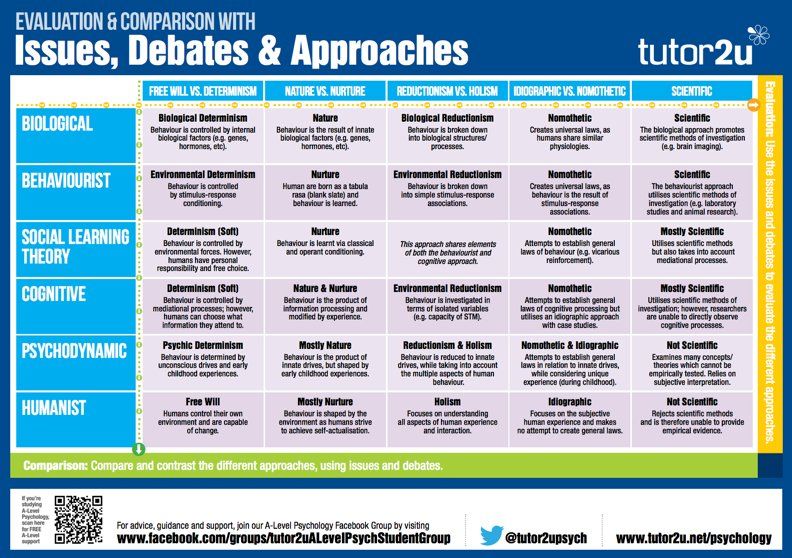
Günther Ammon also identifies constructive narcissism (adequate positive attitude towards oneself, recognition of one's weaknesses), destructive (unrealistically high self-esteem, inability to accept criticism) and deficient (lack of contact with oneself, statements, dependence on the opinions of others, rejection of one's own interests and needs).
6. Mendelevich's questionnaire, 68 questions
This test for determining neurotic states was invented in 1978 by psychiatrist David Mendelevich and medical psychologist Kausar Yakhin. There are 68 questions in the test that assess the state of the subject on six scales:
- neurotic depression,
- asthenia (fatigue),
- mental and physical hyperesthesia (hypersensitivity to stimuli),
- vegetative disorders (pressure, respiratory rate),
- conversion disorders (change/loss of sensory and motor function),
- obsessive-phobic disorder (obsessive fears).
